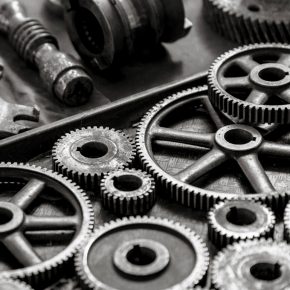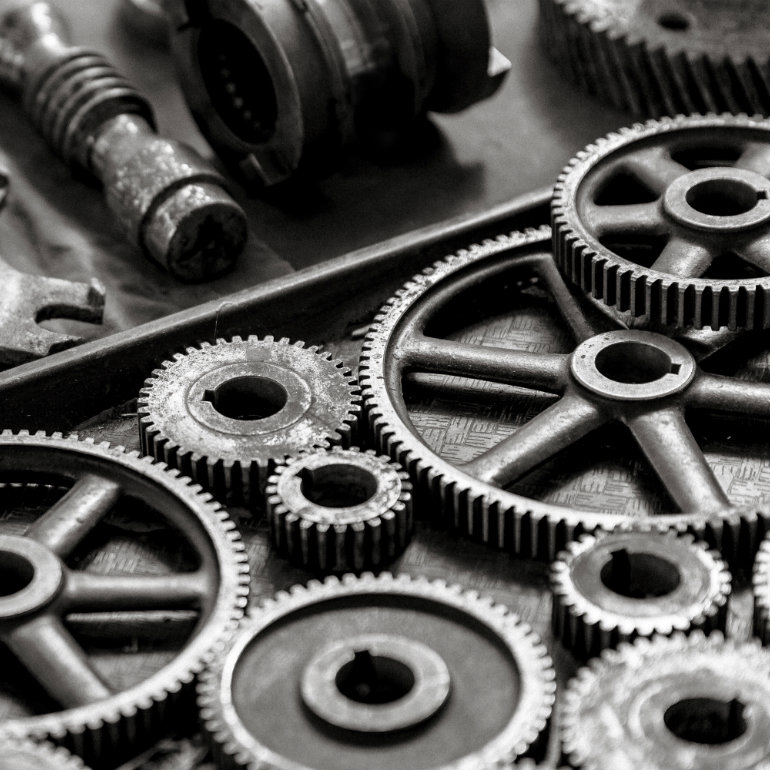Tydzień w gospodarce
Category: Trendy gospodarcze

(Ryan McGuire, CC0)
“The ideal investor should be Polish. This isn’t often talked about, but there are a lot of Poles in the world and that would send a strong signal to everyone that something good is happening here. Another desired feature is investing in something innovative (…) I would expect that an investor will take a look at the local community and will allow it to become a part of that investment (…) He should also look at regions, not just Warsaw, Poznań, Kraków, but also other parts of Poland e.g. eastern ones (…) Such ideal investor would help us to develop our specialties, such as ships or airplanes, with the co-operation of local entrepreneurs,” Tadeusz Kościński, Deputy Minister of Economic Development told on a conference „The role of foreign investors, expectations towards them in Poland over the years 1990-2015 and international experience” organized by the Republican Foundation (Fundacja Republikańska).
“In our country tax relief in economic zones is granted not where the state wants, but where the investor prefers. It is a travesty when a special economic zone is created outside Poznań, i.e. in a prime investment area. The same is true for Warsaw, Gdańsk or Tychy. If the situation today is that an investor comes in and he can get a special economic zone in any place he points on the map, then he will never invest in Eastern Poland, because why would he? We have to end this completely, and I think that our government will reorient this entire philosophy,” announced MP Adam Abramowicz (PiS), Chairman of the Parliamentary Team for the Promotion of Entrepreneurship and Economic Patriotism.
“Stability and predictability are important for all investors, both domestic and foreign. We have an idea in our team to replace the PIT and CIT with a tax on revenues and we are now discussing it with the Ministry of Finance. When I talk with entrepreneurs this idea generates great enthusiasm because it is simple, because you would not have to spend the end of the year deciding what car to buy or what carpet to get for the office [to increase tax-deductible costs], and you could take care of the business instead. You’d pay to the state what is due and not spend time collecting papers. If we go in this direction then that alone is a way of bringing in new investors,” he added.
The MP has also pointed out that tax relief for foreign investors would be possible only if they shared their technology. Such solution was introduced in the South Korea half a century ago.
“Even the development of the nuclear energy industry was pursued in such a way that Koreans first purchased turnkey power plant’s projects from the United States, Canada and France, and the subsequent projects were carried out with the largest possible participation of Korean entities. This allowed them to develop their own technology based on the American technology and now they can export it. It’s just like cars and other products: they bought them to take them apart, copy them in their own way and then sell them,” said Marta Kightley, PhD, from the Warsaw School of Economics.
All of the panelists agreed, however, that the Korean model could not be repeated in Poland. Mainly because it was carried out half a century ago by a dictatorship and involved the gathering of domestic savings at the expense of the living standards of society (low wages, production of only basic goods for the internal market). With open borders of the European Union and a society with a different mind-set, such an experiment would be impossible.
“Korea primarily wanted to acquire technology, and from the beginning of the 1990s we mainly wanted to manage our unemployment. These were the motives for the admission of foreign investments,” pointed out Tomasz Kasprowicz from the New Europe 100 initiative.
“Someone said that there were three main paths: the Central European path, that is, sell everything to Western corporations, the Ukrainian path, that is, steal everything with your friends, and the Central Asian path, that is, steal everything with your family,” joked Kasprowicz.
“We’ve seen the effects. Ukraine, which was more affluent than Poland, is now much, much poorer, and Russia is just beginning to approach the Polish level of development. Given the comparative scale, the policy that we adopted during the transformation seems to be correct, and in any case we do not know of a better alternative,” summed up Tomasz Kasprowicz.

